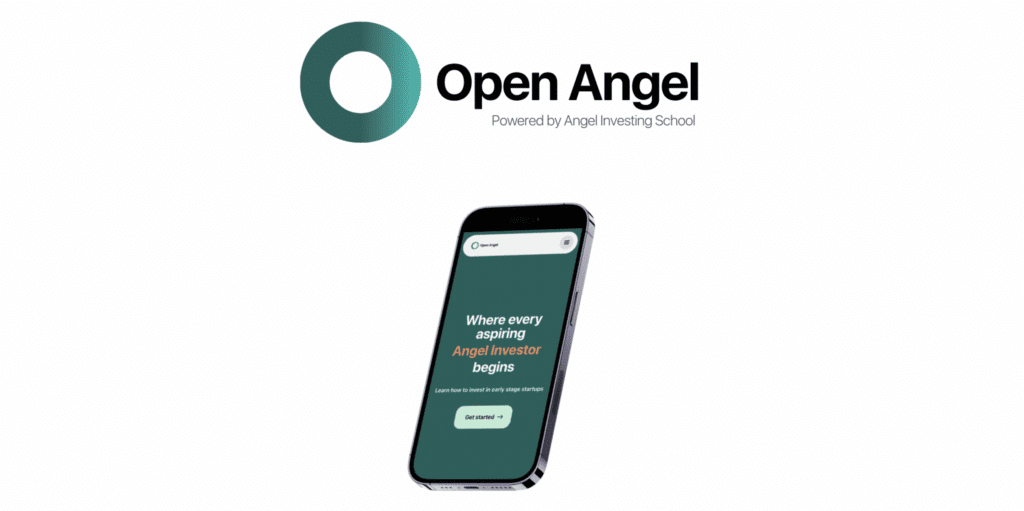Posts by: Katharina
Katharina is an angel investor, content creator and Health Economist. Curious about how entrepreneurs can solve the worlds most pressing health issues.
NEW PRODUCT ANNOUNCEMENT: AIS is launching Open Angel on 15.05.2024
What is the Angel Investing School (AIS)? AIS started with a candid discussion about wealth…
How to develop an investment thesis in 3 easy steps as a beginner angel investor
Introduction Starting your angel investing journey can be both exciting and daunting as a beginner….
Who is eligible to angel invest in the UK from January 2024?
From January 31st 2024, the United Kingdom has revised the criteria which determine whether you…
How much ownership should angel investors get when investing in a startup?
One of the key things to be familiar with as angel investor is the concept…



